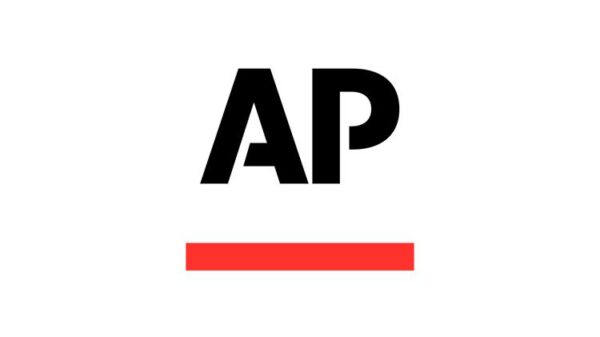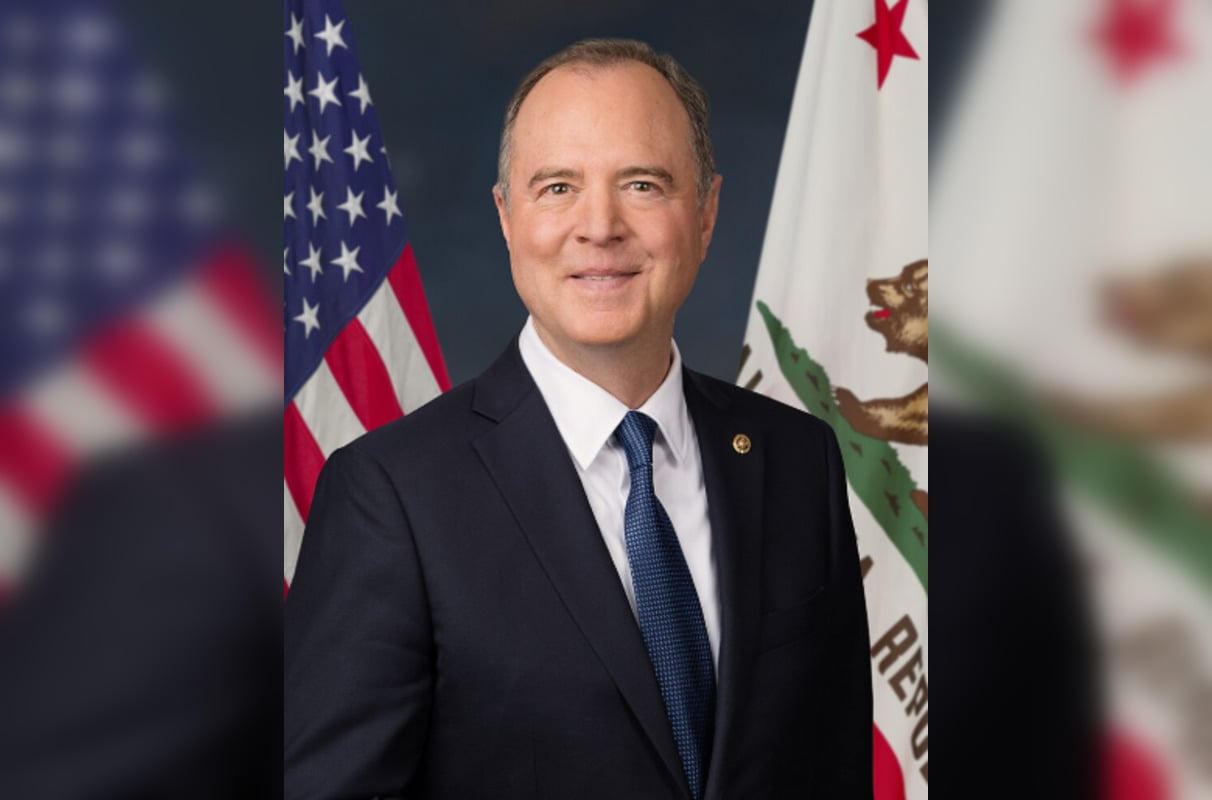Senator Adam Schiff has voiced serious concerns regarding the Trump administration’s ongoing refusals to address the allegations surrounding the Jeffrey Epstein scandal. During an appearance on MSNBC’s “The Briefing with Jen Psaki,” he criticized the administration for its denial of President Trump’s involvement, particularly in relation to a birthday letter signed by Trump that has recently come to light from Epstein’s estate.
Schiff’s interview did not solely focus on Epstein. He broadened the conversation to what he perceives as a troubling pattern of governance under Trump. He described a “retribution campaign” against political opponents, suggesting that the administration is using federal agencies, such as the Federal Housing Finance Agency, led by Administrator Bill Pulte, to pursue these vendettas rather than uphold justice.
According to a statement from Senator Schiff on his official website, he believes that the administration’s actions are rooted in personal grievances rather than a commitment to ethical governance. His remarks resonate amidst a political climate increasingly demanding transparency and accountability from public officials.
During this pivotal moment, Schiff’s comments serve to highlight the ongoing debate regarding ethical standards in government. As he articulated on MSNBC, the electorate is growing weary and wary of the underlying mechanisms that influence their leaders’ actions. In an environment where trust in public institutions is waning, Schiff’s efforts to bring accountability to the forefront are critical.
Despite the senator’s assertions, the White House has firmly denied any claims linking the administration to Epstein’s controversies, maintaining its position of disassociation from the ongoing scandal that continues to loom over American politics. The tension surrounding these issues adds to the complexity of governance in a deeply polarized environment.
The conversations ignited by figures like Senator Schiff are not merely political rhetoric; they reflect a broader struggle for integrity in public service. As the situation develops, citizens remain vigilant, eager for clarity amidst conflicting narratives. The balance between truth and power remains a focal point of national discourse, with many watching closely to see how this unfolding saga will impact the political landscape.





































































